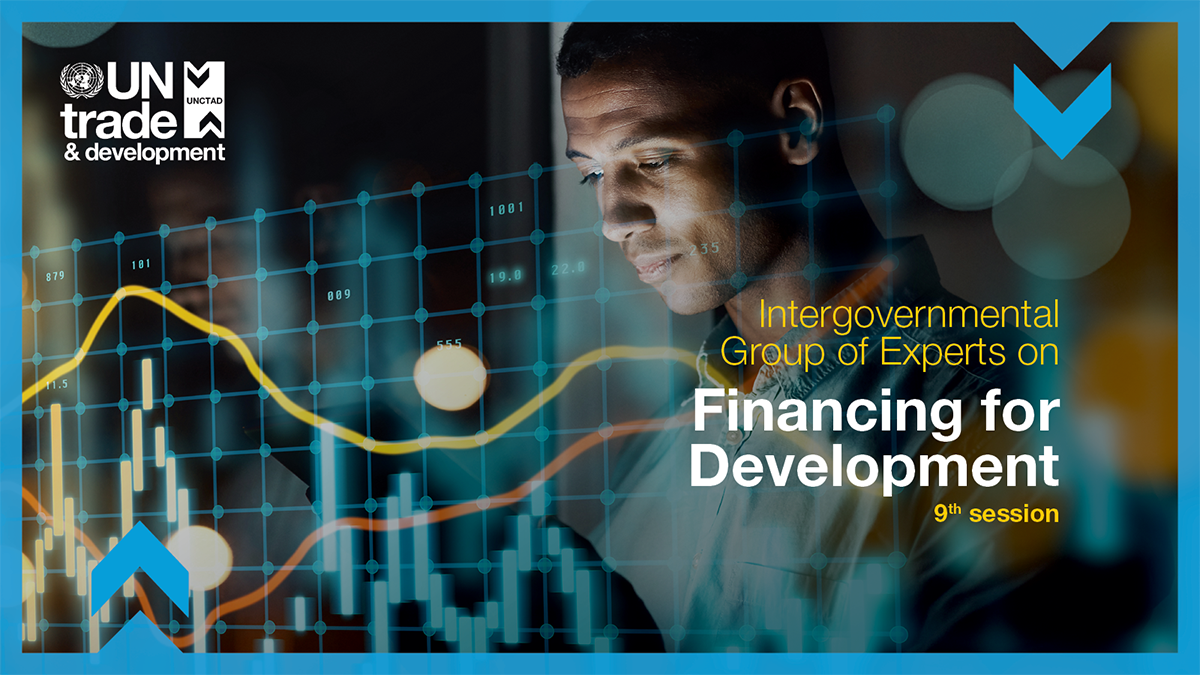
Advancing the Sevilla Commitment towards a shared framework: Enhancing responsibility, capacity and scalability
The Sevilla Commitment is the outcome document of the Fourth International Conference on Financing for Development, held from 30 June to 3 July 2025, in Seville, Spain.
This Commitment establishes a renewed global financing for development framework to expand access to and unlock additional and innovative financial resources, and support reforms to the international financial architecture to close the development finance gap within the nine action areas of the Addis Ababa Action Agenda.
Guiding questions:
- What is required to create effective, replicable and scalable blended finance structures and instruments, based on different country contexts, lessons learned, best practices and existing efforts towards harmonization, as appropriate, as highlighted in paragraph 33 (i) of the Sevilla Commitment?
- What are the next steps to take to support the development of trade-related physical and digital infrastructure, statistical systems and connectivity to ease trade bottlenecks and support trade facilitation and connectivity, in particular for landlocked developing countries and small island developing States, as called for in paragraph 44 (a) of the Sevilla Commitment?
- What capacities do developing countries, particularly in Africa, need to engage more effectively with financial market actors, including credit rating agencies, as requested in paragraph 51 (c) of the Sevilla Commitment?
The three guiding questions fall, respectively, under the following action areas in chapter II of the Sevilla Commitment: domestic and international private business and finance (section B), international trade as an engine for development (section D) and debt and debt sustainability (section E).
Participants will address the three guiding questions, examining policy initiatives to create effective, replicable and scalable blended finance structures and instruments, support the development of trade-related physical and digital infrastructure, statistical systems and connectivity, and enhance the capacities of developing countries, particularly in Africa, to engage more effectively with financial market actors, including credit rating agencies.
Participation
This session is open to all member States of UNCTAD. Other organizations, including specialised agencies, intergovernmental bodies and non-governmental organizations in the general and special categories, as well as academia and the private sector, may participate as observers.
Written contributions
In order to facilitate deliberations and the informal exchange of experiences and best practices on the topics to be discussed, member States and observers are requested to submit written contributions to the UNCTAD secretariat.
Registration
Online registration is mandatory for all those wishing to attend the meeting and is required in order to be included in the list of participants.
Logistics
The session will be held with physical participation at the Palais des Nations. Those who cannot attend the meeting in person will be able to listen to the live audio stream in the six official languages of the United Nations.
The link to listen live will be sent to registered participants, at the email address used for registration, one day in advance of the start of the session.


